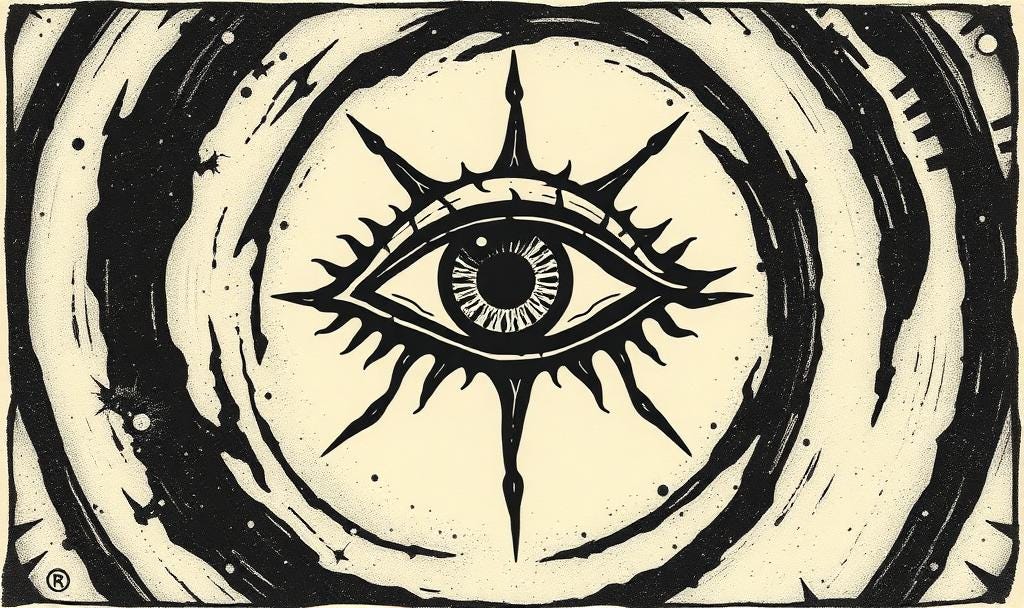Apotropaisms in Borneo
Religion in Borneo is simply one of many ways in which apotropaism manifests itself. Reciting Ayatul Kursi—said to be the most powerful verse in the Qur'an—and doing the sign of the cross are the most common religious ways in which the apotropaic spirit is channelled.
But just as common are knocking on wood and uttering palis-palis. Where wood is absent, sometimes one's head is tapped. The function of these gestures is the same: to avert evil. These are non-religious apotropaisms for protecting oneself from misfortune or bad luck.
Astaghfirullah auzubillah minashaitan nirajeem is another apotropaism: I seek refuge in Allah from Shaytan. The non-Muslim version of this is shorter: astaga. Usually used to express shock but sometimes used in the apotropaic sense as well.
Apotropaic rituals, whether religious or not, generally serve four overlapping functions:
They are protective. They shield individuals or communities from supernatural, spiritual, or even natural threats.
They are psychological in that they reduce anxiety and restore a sense of agency in situations of uncertainty or danger.
They strengthen group identity, by allowing one to show loyalty to tradition, and maintain cohesion through shared symbolic acts.
And finally they reinforce moral or cosmological order by linking protection to virtue, piety, or proper conduct.


